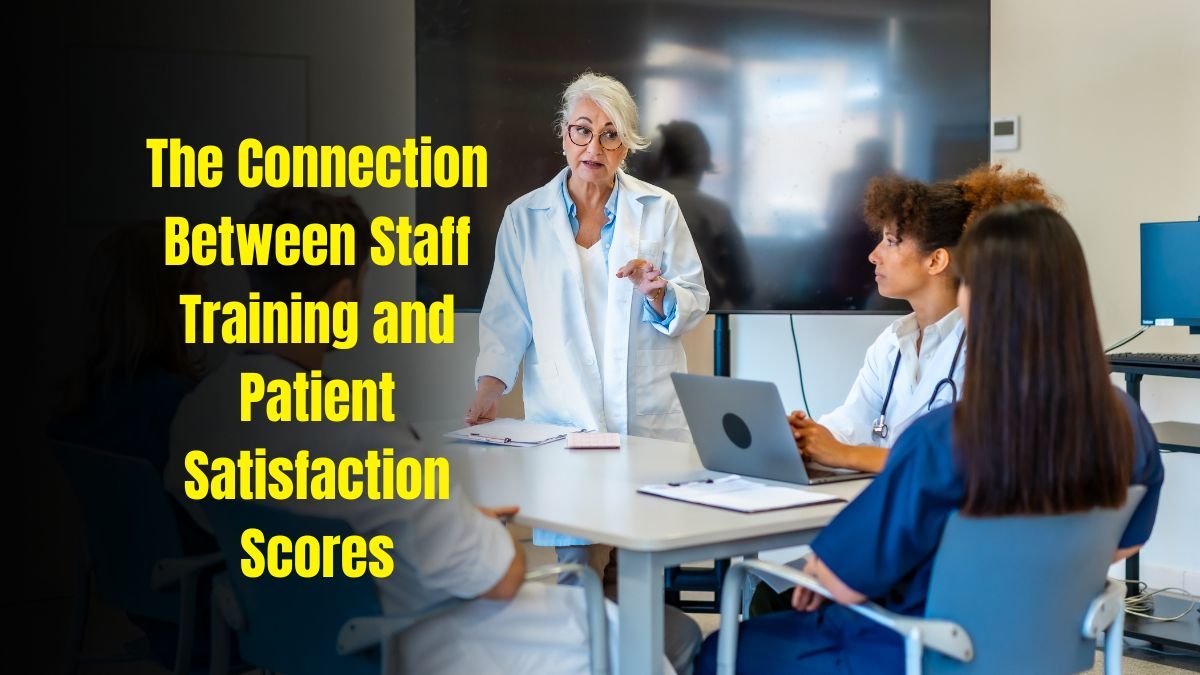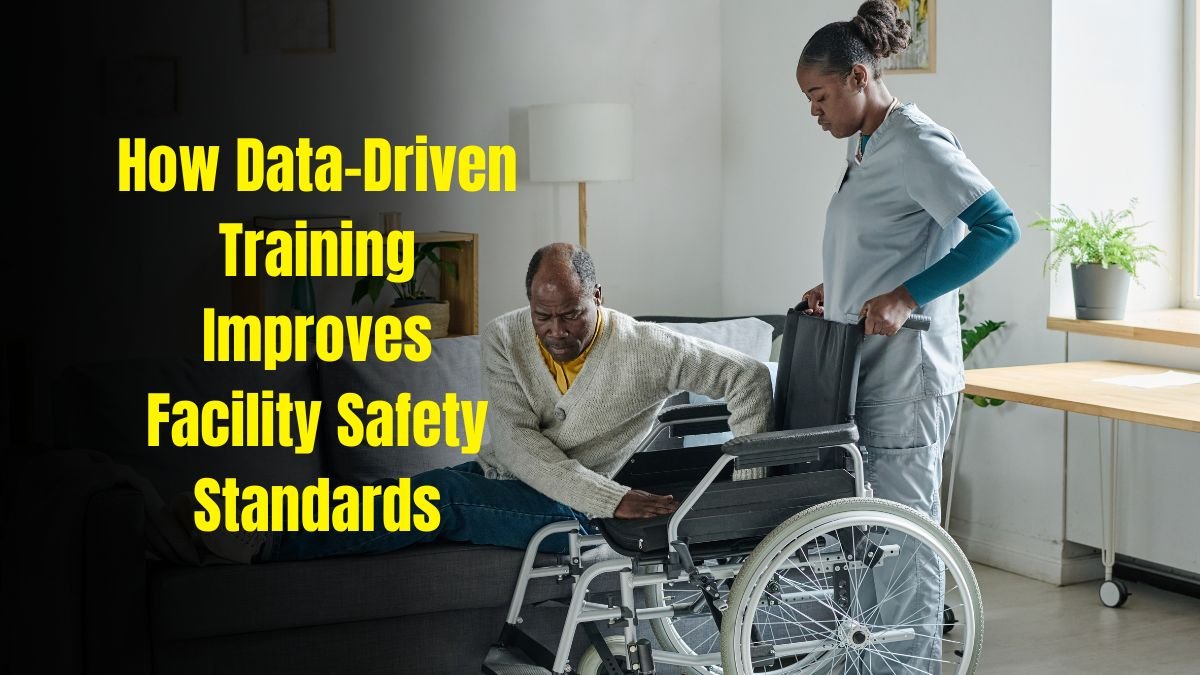Caring for a loved one—whether an ageing parent, a chronically ill family member, or someone with disabilities—is both rewarding and immensely challenging. One of the most serious risks facing caregivers is burnout: the chronic physical, Continue reading
The Benefits of Professional Certification for Healthcare Workers
In the fast-evolving world of healthcare, professional certification for healthcare workers is no longer just a badge of honor — it is increasingly a strategic necessity. Certification validates specialized knowledge, enhances clinical competence, strengthens professional Continue reading
Why Education Is the Heart of Quality Healthcare Services
From bedside care to executive decision-making, education is the quiet engine that powers quality healthcare. When clinicians are better prepared, patients experience fewer complications, safer medications, and smoother care transitions. In 2025, rapid advances—simulation, AI-supported decision tools, and Continue reading
The Connection Between Staff Training and Patient Satisfaction Scores
Hospitals that invest in structured staff training consistently see improvements in patient satisfaction—especially in communication-heavy domains like nurse and doctor communication, discharge information, and care coordination. Recent analyses and peer-reviewed studies from 2024–2025 reinforce what leaders have observed Continue reading
How Simulation-Based Training Improves Real-World Care
Healthcare teams now train like airline crews and Formula 1 pit crews—rehearsing rare, high-stakes events until the right actions are automatic. Simulation-based training (SBT) puts clinicians into realistic, consequence-free scenarios to practice technical steps, decision-making, and team Continue reading
How Communication Skills Training Improves Patient Outcomes
Strong communication skills are no longer a “nice to have” in healthcare—they are a core clinical competency that directly shapes patient outcomes, safety, treatment adherence, and experience of care. From bedside conversations to structured handoffs and discharge education, targeted communication skills training helps Continue reading
How Data-Driven Training Improves Facility Safety Standards
Facilities—from hospitals and labs to warehouses and manufacturing plants—are under pressure to prove that training actually reduces risk. In 2025, the most successful safety leaders aren’t guessing; they’re using data-driven training to target hazards, personalize skill building, and Continue reading
How Lifelong Learning Shapes a More Resilient Healthcare Workforce
Healthcare is changing faster than ever—new therapies, new tech, new threats. The systems that thrive are the ones whose people keep learning. Lifelong learning does more than refresh knowledge; it strengthens workforce resilience, improves patient outcomes, and reduces burnout by Continue reading








